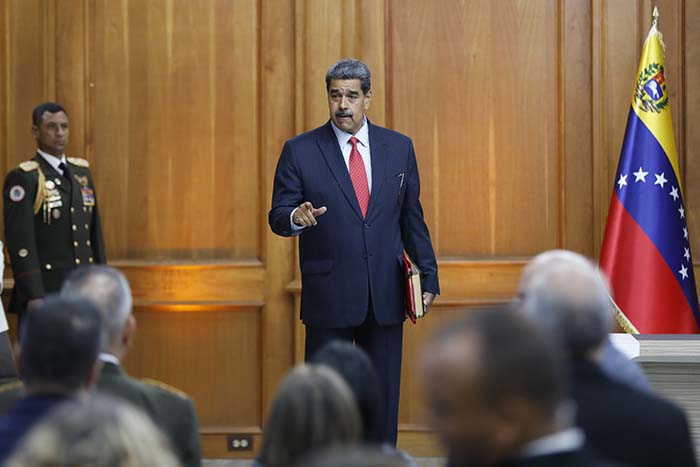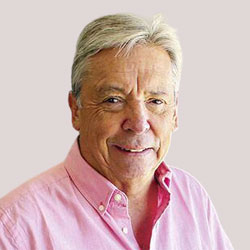Analyses / Latin American/Caribbean
24 October 2024
Venezuela: A New Geopolitical Risk for Latin America

The crisis in Venezuela has so far been analysed primarily through the lens of blatant violations of electoral democracy. However, another dimension, potentially more critical, demands attention: the risk of involvement by powers external to Latin America and the Caribbean.
In recent years, global conflicts concentrated on other continents have escalated into broader wars. The war between Russia and Ukraine has drawn in all major powers in various capacities. Meanwhile, the Middle East conflict, initially between Israel and Hamas, threatens to evolve into a large-scale war. Armed conflicts continue in Sudan, Yemen, and Syria.
Latin America and the Caribbean stand out as a self-proclaimed “zone of peace,” free of inter-state wars. The region’s last war, the brief Cenepa War between Ecuador and Peru, occurred nearly 30 years ago. While many Latin American countries suffer endemic violence that occasionally spills over borders, the region has avoided inter-state conflicts for decades. This restraint is remarkable given the region’s history of international confrontations, including the Cuban Missile Crisis of 1962 and the Falklands War between Argentina and the United Kingdom in 1982, both involving nuclear-armed external powers.
Today, however, instability in Venezuela has reached a level that threatens regional peace. After a decade of hyperinflation, poverty, disease, and crime—causing millions of Venezuelans to flee—the situation has worsened with President Nicolas Maduro’s refusal to accept his defeat in the July 2024 elections. Maduro is determined to begin a new term on January 10, just ten days before the United States inaugurates the winner of the November 2024 presidential election. Regardless of who takes the White House, there is a significant risk of further deterioration in already strained diplomatic relations between Washington and Caracas.
This tension could be exacerbated by Russia’s opportunistic and provocative presence in the Caribbean Basin. Moscow, Venezuela’s main arms supplier since Hugo Chávez’s regime, continues to strengthen ties with Maduro. Should Russia face setbacks in Ukraine, President Vladimir Putin might leverage Venezuela to provoke the U.S. in its own hemisphere. Washington’s history of strong reactions to such provocations underscores the risks.
Venezuela, with the world’s largest oil reserves, is likely to remain central to global competition over critical resources. This could place the country at the centre of a global rivalry involving the U.S., Russia, and China. The potential for regional conflict has been heightened by significant oil discoveries in neighbouring Guyana, with whom Venezuela has an ongoing border dispute. This year, the Biden administration announced plans to increase security assistance to Guyana’s government, while Colombian guerrillas from the National Liberation Army (ELN) have expanded their operations into Venezuelan territory. The Colombia-Venezuela-Guyana arc is now an epicentre of interconnected crises. Adding to this is the mass migration of nearly 8 million Venezuelans since 2014, a figure that continues to rise.
Allowing Venezuela to become a battleground for militarised global competition would be a strategic blunder. Preserving the “zone of peace” is essential for maintaining and advancing democracy in Latin America. Any viable solution must originate from the Venezuelans themselves. External actors can provide ideas, initiatives, and incentives, but the framework must be locally devised. In this context, major powers must respect the region’s right to non-alignment. Latin America must ensure its leaders retain control over efforts to find a political and non-violent resolution. Washington, for its part, should limit itself to supporting regional leaders’ efforts to prevent a crisis from spilling beyond Venezuela’s borders. Finally, the region must act collectively to promote democracy, human rights, multilateralism, and peace, particularly in addressing its unique challenges. Venezuela is undeniably one of these challenges.
This op-ed is the French version of “The U.S. and other outsiders should stay out of Venezuela”, published by The Washington Post on October 15, 2024.


